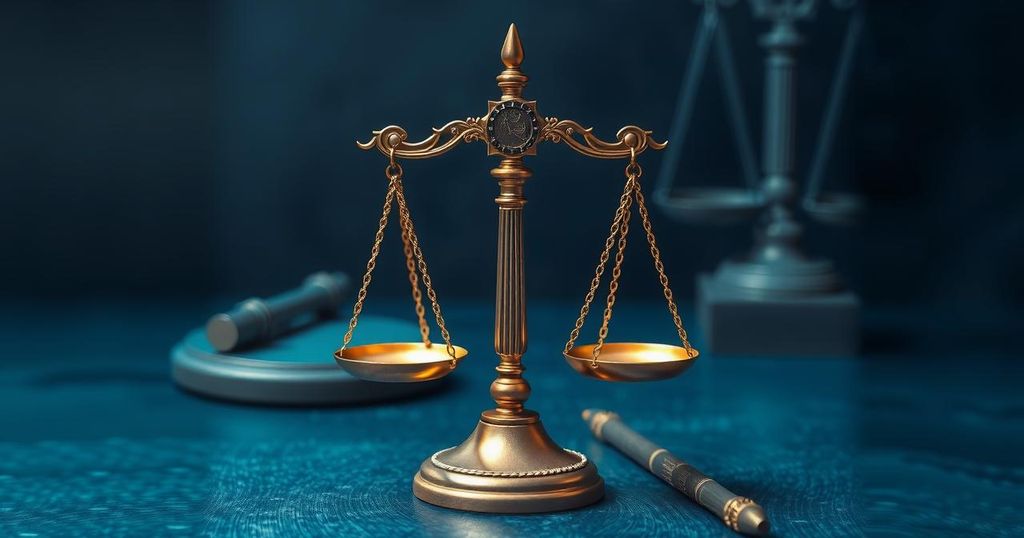The Rule of Law Centre has engaged in legal and institutional reforms in Uzbekistan, collaborating with local partners to enhance rule of law. The adoption of a new constitution in 2023 signifies progress, though challenges remain regarding democratic governance. International indices suggest gradual improvements in Uzbekistan’s legal landscape, necessitating persistent efforts to address civil liberties and political participation.
The Rule of Law Centre has collaborated with various Uzbek institutions for nearly two years, supporting extensive reforms initiated in Uzbekistan since 2016. In 2024, the Centre successfully organized 14 Rule of Law Clinics in both Helsinki and Tashkent, bringing together experts in diverse fields like anti-corruption and constitutional reform. These efforts have contributed directly to evolving the country’s legal framework and governance practices.
In 2021, the influential book “Why Nations Fail?” by Daren Acemoglu and James Robinson was translated into Uzbek, promoting discussions about the relationship between institutions and national success. Many Uzbek officials and citizens view the book’s principles as crucial for guiding public policy, with an emphasis on evolving institutional quality toward inclusivity and democracy.
Under President Shavkat Mirziyoyev’s leadership since 2016, significant reforms have been instituted, facilitating improved citizen engagement and economic opportunities. However, the autocratic nature of governance remains, characterized by minimal change to the political apparatus and persistent corruption. Mirziyoyev himself has referred to the regime as one of “manual control,” implying that personal authority continues to outweigh institutional governance.
In response to these challenges, Mirziyoyev proposed a new constitution aimed at establishing a “New Uzbekistan”. Ratified on May 1, 2023, through a referendum deemed well-organized by OSCE observers, the new constitution articulates the state as democratic and secular, promoting social justice, civil rights, and rule of law. Nonetheless, criticisms remain regarding the appointment processes for local governors and consolidation of presidential power.
Concerns emerged over provisions allowing President Mirziyoyev to seek re-election, elongating presidential terms, which raises fears about democratic backsliding. Contrarily, several indices indicate gradual improvement in Uzbekistan’s rule of law, with scores showing progress from 0.46 in 2015 to 0.49 in 2024, suggesting potential as a regional model of reform.
Despite improvements signified by the Rule of Law Index, genuine democracy and civil society continue to face challenges. Freedom of the press and citizens’ rights to form political movements are guaranteed in the new constitution, yet issues regarding media freedom and political participation were flagged by organizations such as Freedom House. Without addressing these areas, genuine rule of law remains tenuous.
The Rule of Law Centre aims to facilitate a just legal system in Uzbekistan through partnerships with local organizations. Its clinics and training sessions provide necessary insights and methodologies to stakeholders, bolstering efforts in human rights and legal reforms. The Centre’s model focuses on fostering reform through local leadership and incremental change, as emphasized in Acemoglu and Robinson’s analysis.
Overall, Uzbekistan is actively undergoing significant legal and institutional transformations aimed at strengthening the rule of law and democratic governance. While recent constitutional reforms present opportunities for modernization, inherent challenges persist, particularly regarding the democratization process and the protection of civil liberties. Continued collaboration among local and international partners is essential for fostering a genuine and inclusive legal framework that supports the aspirations of the Uzbek populace.
Original Source: www.helsinki.fi






